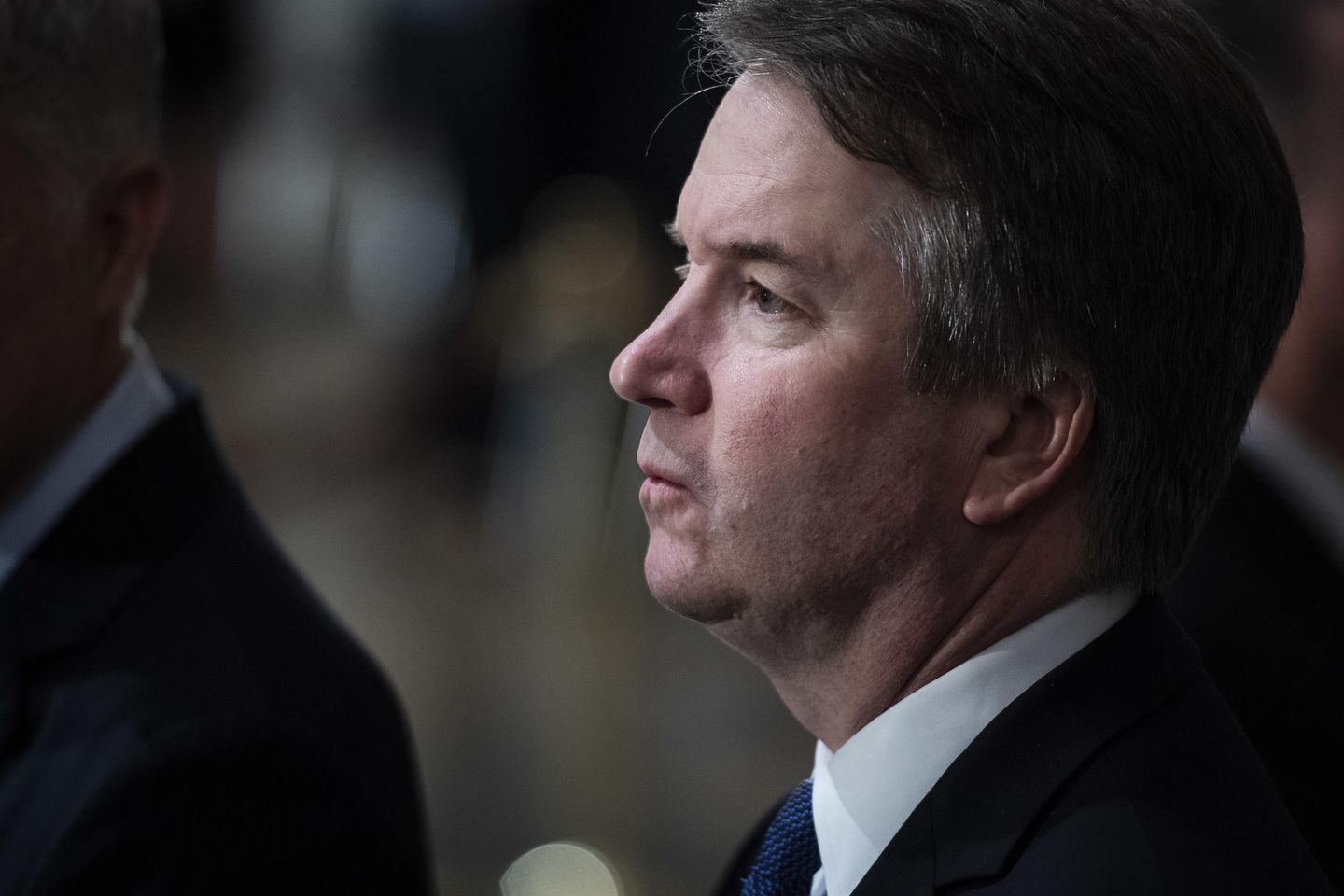The man accused of plotting an assassination attempt against Supreme Court Justice Brett M. Kavanaugh is fighting back against the evidence gathered by investigators. In a bold move on Friday, he filed a motion to suppress the statements he made to investigators and claimed that his belongings were seized without a warrant.
The accused man, whose name has not been released to the public, has been at the center of a high-profile case that has sent shockwaves through the nation. The alleged plot to assassinate Justice Kavanaugh has raised serious concerns about the safety of the highest court in the land and the security of its members.
According to court documents, the accused man was taken into custody after a tip from a concerned citizen led authorities to his location. During questioning, he reportedly made statements that implicated him in a plan to harm Justice Kavanaugh. However, his legal team is now arguing that those statements were obtained illegally and should not be admissible in court.
In addition to challenging the statements made during questioning, the accused man is also alleging that his belongings were seized without a warrant. This claim raises important legal questions about the limits of law enforcement’s power to search and seize evidence in cases involving national security threats.
The motion to suppress the statements and evidence gathered in the case is just the latest development in a complex legal battle that has captivated the nation. The accused man’s defense team is pulling out all the stops to protect his rights and ensure a fair trial.
The case has drawn widespread attention from legal experts, politicians, and the general public. Many are closely watching to see how the courts will handle such a sensitive and high-profile case. The implications of this case extend far beyond the individual accused of the plot, touching on issues of national security, the rule of law, and the integrity of the judicial system.
Justice Kavanaugh, who was the target of the alleged plot, has been under increased security measures since news of the threat emerged. The Supreme Court has taken steps to ensure the safety of its members, but the incident has raised concerns about the vulnerability of even the highest-ranking officials in the country.
The accused man’s defense team is expected to argue vigorously for the suppression of the evidence against him. They will likely raise constitutional and procedural arguments in an effort to cast doubt on the legality of the investigation and the evidence gathered by authorities.
Legal experts are divided on the merits of the accused man’s motion to suppress the evidence. Some argue that law enforcement acted within their authority to investigate a credible threat to national security, while others believe that the accused man’s rights were violated during the investigation.
The outcome of this case could have far-reaching implications for future cases involving threats against public officials. The legal precedent set by the court’s decision in this case could shape how law enforcement agencies handle similar situations in the future.
As the legal battle unfolds, the accused man remains in custody, awaiting trial on charges related to the alleged plot against Justice Kavanaugh. The case has brought to light the complex legal and ethical issues surrounding threats against public officials and the balance between national security and individual rights.
Regardless of the outcome of the case, the incident has served as a stark reminder of the dangers faced by those in positions of power and authority. The security of our nation’s leaders is a matter of utmost importance, and cases like this highlight the need for vigilance and swift action in response to potential threats.
In the coming weeks and months, the legal system will grapple with the complexities of this case and determine the appropriate course of action. The accused man’s motion to suppress evidence is just the first step in what promises to be a long and contentious legal battle that will test the limits of our justice system.









